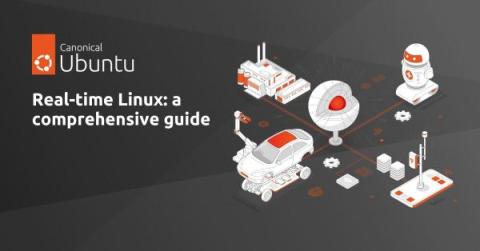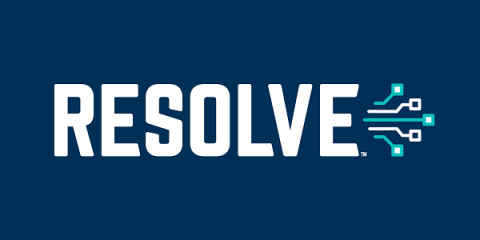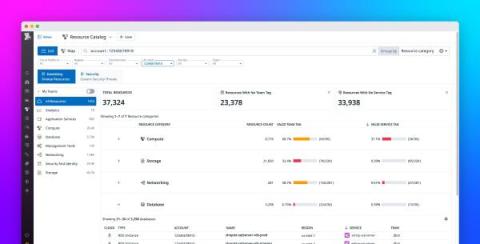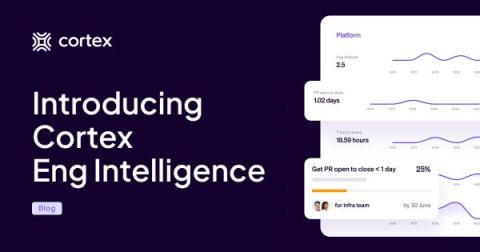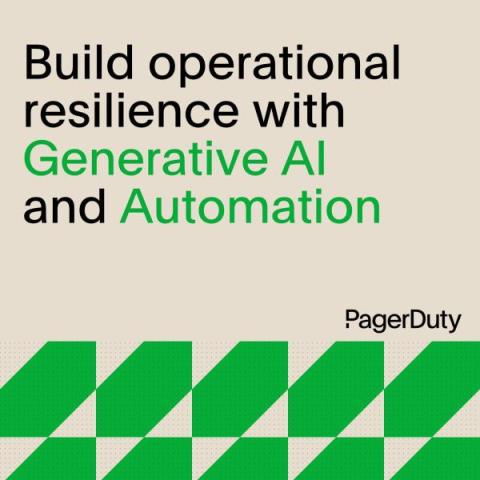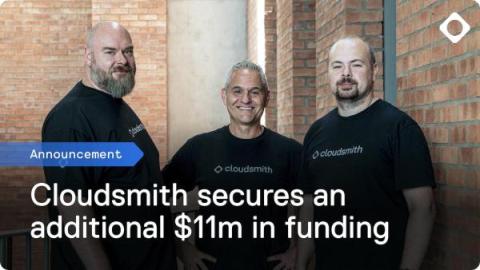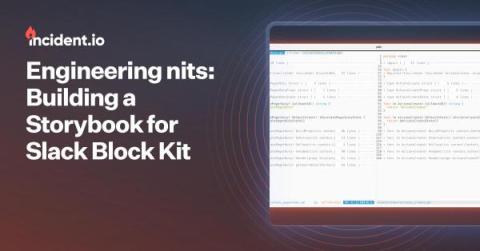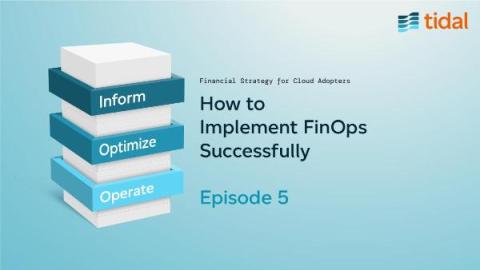Operations | Monitoring | ITSM | DevOps | Cloud
Latest News
Digital Disruption in Financial Services: Getting Ahead with Automation
The state of financial services today spotlights core banking digitization and the bigger-than-life disruption it’s causing in the industry. It makes sense that going to the bank sounds like an errand people no longer need to run. Even though 77 percent of banking consumers still use traditional banks in some capacity, 43 percent keep their funds elsewhere, and 61 percent will likely switch to a digital-only provider, Galileo Financial Technologies found.
Govern your infrastructure resources with the Datadog Resource Catalog
As an administrator of an expanding, highly distributed infrastructure, you may be responsible for overseeing thousands of on-premise and cloud resources from multiple providers—governed under dozens of accounts by a complex nest of RBAC rules. To query all these resources for purposes such as compliance audits and access management, you may be required to write custom scripts and painstakingly sift through data across disparate tools.
Ensuring Robust Security in Office 365
In an era where digital threats are evolving rapidly, securing your Office 365 environment has never been more crucial. Office 365, a suite known for its robust productivity tools, also demands a proactive approach to security. This blog post delves into essential practices and strategies to fortify your Office 365 setup against various cyber threats.
Introducing Cortex Eng Intelligence
Build Operational Resilience with Generative AI and Automation
For modern enterprises aiming to innovate faster, gain efficiency, and mitigate the risk of failure, operational resilience has become a key competitive differentiator. But growing complexity, noisy systems, and siloed infrastructure have created fragility in today’s IT operations, making the task of building resilient operations increasingly challenging.
You Took HOW Much Money?!?
This week, we announced that Cloudsmith has taken an impressive $11M in additional funding, hot on the heels of our $15M Series A two years ago. That's not just serious cash for a startup; it's a game-changer! The natural questions are: why did we take it, and what's our big-picture plan?
Engineering nits: Building a Storybook for Slack Block Kit
We care a lot about the pace of shipping at incident.io: moving fast is a fundamental part of our company culture, and out-pacing your competition is one of the best ways we know to win. In engineering teams, one way to ship fast is to invest in tools that make your team more productive. We've become good at identifying small pains and frustrations that slow us down over time and – after surfacing them to the rest of the team – find solutions for them.
How to Implement FinOps Successfully
This is the fifth and final part of this FinOps series, The Operate Phase. If you have missed any of my previous blogs, here is a list of posts in the series: Note: I am ex-AWS, so you will notice a lot more focus on AWS tools and services as examples here, however we are cloud agnostic and all cloud providers have similar services and tools.


